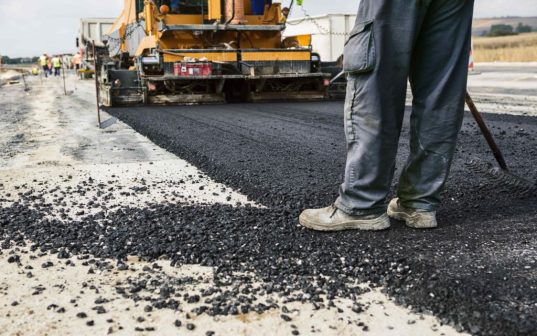A $115 million has been approved for road rehabilitation, erosion control and solid waste management project in Abia State, Nigeria. Particularly the project, the total cost of which is approximately $263.80 million will be carried out in the state capital, Umuahia, and the commercial hub, Aba.
The loan in question was approved by the Board of Directors of the African Development Bank Group. An additional loan of $15 million for the project will come from Canada–African Development Bank Climate Fund (CACF) loan while the Islamic Development Bank will provide a $125 million co-financing loan.
The Abia State government on the other hand will provide $23.80 million in counterpart funding. This will be used for compensation to people affected by the project and the implementation of a Resettlement Action Plan.
Scope of the Abia State Road rehabilitation, erosion control and solid waste management project
The project comprises the conversion of a total of 248.46 km of road to asphaltic concrete standards. 58.03 km of the road will be located in Umuahia while 190.43 km will be in Aba. As part of the project, erosion sites in Umuahia and Aba will also be reinstated. Moreover, preparatory studies will be undertaken for private sector participation in solid waste management for the two cities.
Also Read: N9.6bn Akobo-Olorunda/Abaa road project in Ibadan, Nigeria, flagged off
Furthermore, the road rehabilitation, erosion control and solid waste management project in Abia State will also include capacity building, project management and development of social infrastructure. These will include the rehabilitation of schools and the provision of sanitation facilities in schools, community markets and hospitals.
Expectations for the project
The Abia State Road rehabilitation, erosion control and solid waste management project is expected to be completed in 2029. As a result, the 1.37 million population in Umuahia and Aba will benefit from reduced travel time, reduced vehicle operating costs as well as lower transport costs.
Additionally, the project will create 3,000 temporary jobs during the construction phase and about 1,000 permanent jobs when complete. The permanent jobs will especially benefit the youth, who will make up 50% of the employees.
The youths will be trained in contract management by the State Youth Road Maintenance Corps for road maintenance. The latter is a body of young Abia engineers drawn from the 17 Local Government Areas of the State.

